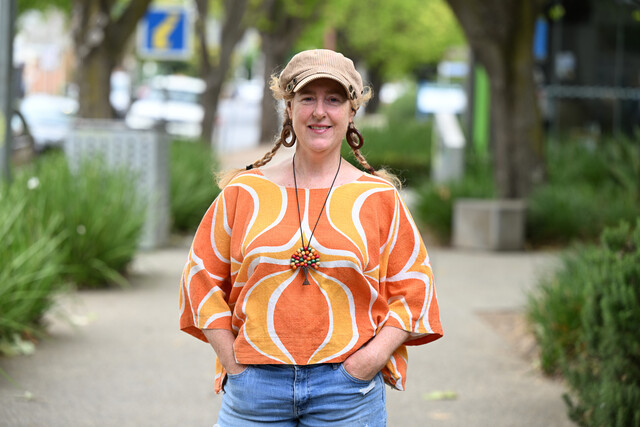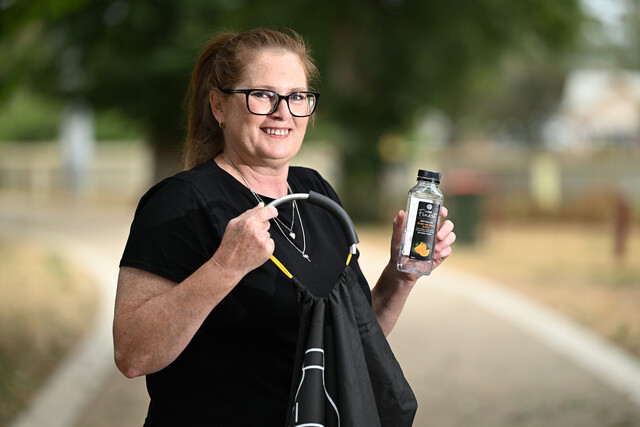People living in rural and regional Victoria are reported to have shorter life expectancies and are more likely to develop preventable health problems.
The Garvan Institute’s first rural health report highlights significant disparities between the health and longevity of people living in urban and country areas.
It found country people were more likely to experience mental health problems, such as dementia, and die from chronic diseases.
People living in inner regional areas, such as Bacchus Marsh and Ballan, are more likely to be daily smokers (18 per cent), compared to those living in major cities (15), the report found.
And 63 per cent of country people are “insufficiently active”, compared to 54 per cent of people living in Melbourne.
The report also revealed adults living in regional areas were more likely to be overweight or obese (63 per cent) than their major-city counterparts (54 per cent).
On a positive note, “Australians living in rural areas generally have higher levels of social cohesiveness”, the report found, with country folk more likely to be involved in volunteer work and to feel “safe” in their communities.
Garvan Institute Research Foundation chief executive Andrew Giles said the gap between country and city could be bridged by medical research, by using personalised genetic information in patient diagnosis and treatment.
Djerriwarrh Health Services’ interim chief executive Andrew Freeman said it was important to continue providing services that improved health outcomes.
















